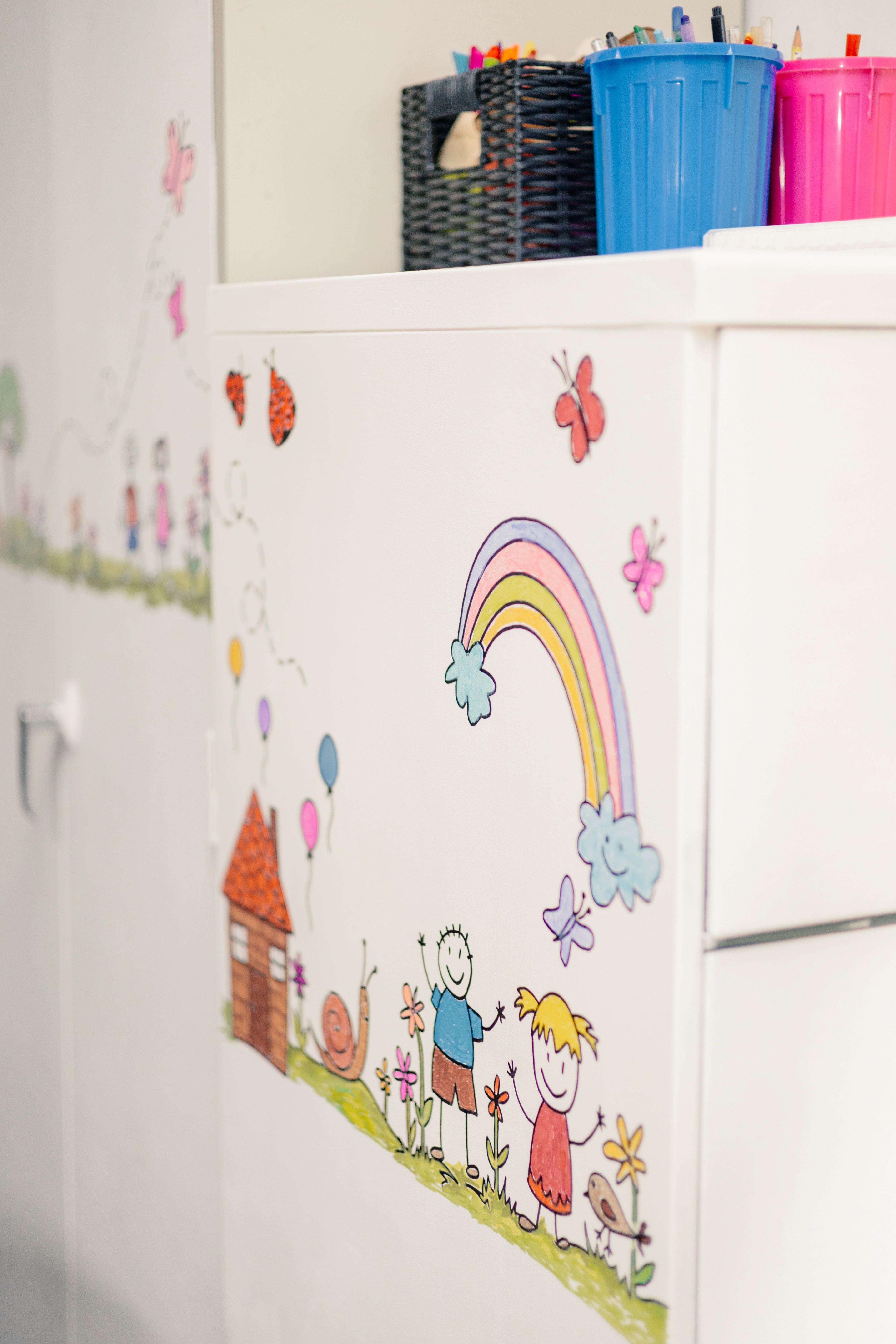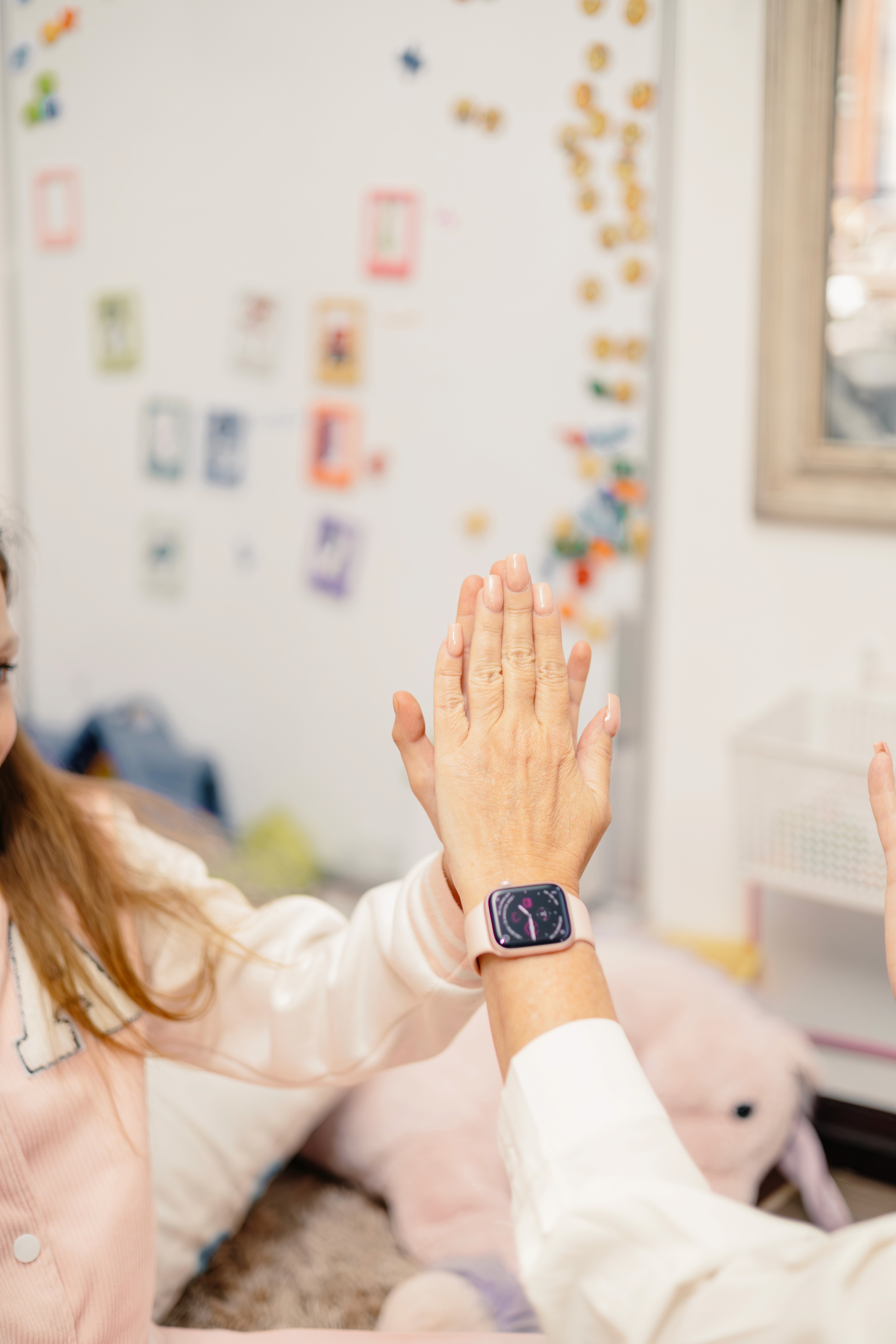School Readiness Assessment
A school readiness assessment is an assessment used to determine whether a child is prepared to start formal schooling, usually in Grade 1.
What Is The School Readiness Assessment?
A school readiness assessment is an assessment used to determine whether a child is prepared to start formal schooling, usually in Grade 1. These assessments typically evaluate various aspects of a child's development to ensure they have the necessary skills to succeed in a school environment.
We Focus On: Cognitive Development
This area assesses a child’s ability to think critically, reason logically, and solve basic problems. It includes early numeracy skills (such as counting and recognising numbers), understanding patterns, shapes, and colours, as well as memory and attention span. A strong foundation in cognitive development supports learning across all academic areas.
We Focus On: Language & Communication Skills
Effective communication is vital for classroom success. This area evaluates the child’s vocabulary, ability to form sentences, follow verbal instructions, and express thoughts and feelings clearly. It also looks at listening comprehension and the ability to engage in conversation - key components for participating in class and building peer relationships.
We Focus On: Physical Development
This includes both fine and gross motor skills necessary for everyday school activities. Fine motor development focuses on tasks such as holding a pencil, drawing, cutting with scissors, and manipulating small objects. Gross motor skills involve coordination, strength, and balance - such as running, jumping, climbing, and moving confidently within a group setting.
We Focus On: Social & Emotional Development
A school-ready child should be able to form positive relationships and cope with the emotional demands of a classroom. This area assesses their ability to share, take turns, follow rules, and respond to teachers and peers appropriately. Emotional development includes resilience, self-regulation, and the ability to separate from caregivers without excessive distress.









